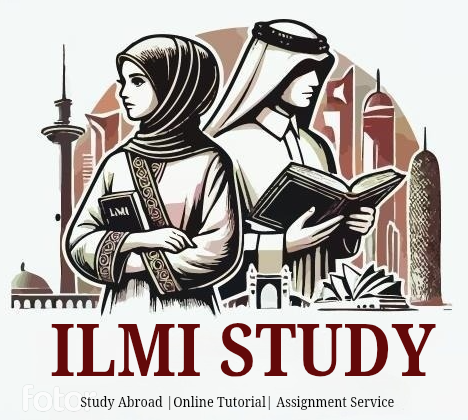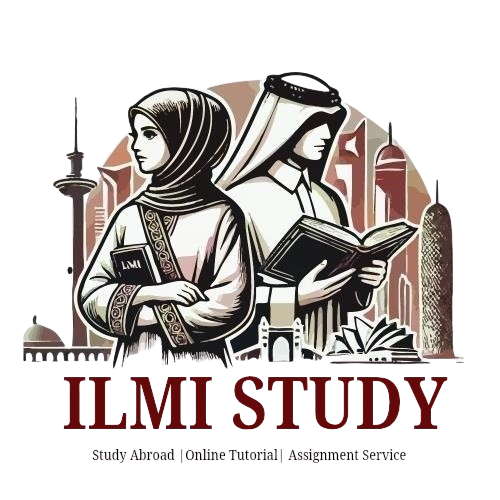Reflective writing is more than just describing what happened. It’s about exploring your experiences, learning from them, and expressing your personal growth through thoughtful writing. Whether you’re working on a personal statement, a university assignment, or a reflective journal, writing with insight is key.
At Ilmi Study, we help students across Qatar and beyond develop strong reflective writing skills that impress academic evaluators and scholarship committees alike. Here’s your simple, practical guide to writing reflections that stand out.
📘 What Is Reflective Writing?
Reflective writing is a personal response to an experience, lesson, event, or idea. It’s commonly used in:
- Personal statements
- Work placement journals
- Nursing, education, or social work courses
- End-of-semester reflections
- Study abroad reports
Unlike essays, reflective writing uses a more personal tone—but it still needs structure, critical thinking, and clarity.
🧠 The Purpose of Reflective Writing
Reflective writing helps you:
- Show self-awareness and emotional intelligence
- Analyze your actions and learning processes
- Connect theory to real-life practice
- Develop critical thinking skills
It’s not just about what happened, but why it matters.
✍️ Structure: The Reflective Writing Framework
Most reflective writing follows this simple framework:
1. Description – What happened?
Briefly describe the experience or situation.
2. Feelings – How did you feel?
Be honest about your emotional response, but keep it professional.
3. Evaluation – What was good or bad about it?
Reflect on what worked, what didn’t, and why.
4. Analysis – What did you learn?
Connect your experience to academic theories or future implications.
5. Conclusion – What does this mean for you?
Summarize the key takeaway.
6. Action Plan – What will you do differently next time?
Explain how the experience will guide your future actions.
✅ Tip: Use models like Gibbs’ Reflective Cycle or Kolb’s Learning Cycle if your instructor recommends them.
🗣 Tone and Language: Be Personal, Yet Professional
Reflective writing often uses first person (I, me, my) and a personal tone, but it should still be:
- Structured
- Respectful
- Free from slang
- Grammatically correct
✅ Example:
“I initially felt overwhelmed by the workload during my internship. However, I learned to prioritize tasks using time-blocking strategies, which significantly reduced my stress.”
💡 Tips for Writing With Insight
🔹 Be honest about your strengths and weaknesses
🔹 Go beyond description—focus on meaning and growth
🔹 Avoid clichés (“It was a learning experience”)
🔹 Ask yourself: “What did I really learn from this?”
🔹 Link your experience to your future academic or career goals
🔁 Common Mistakes to Avoid
❌ Writing only a summary of events
❌ Being overly emotional or vague
❌ Not connecting the experience to course content or goals
❌ Forgetting to proofread or format correctly
📌 Reflective Writing Example (Short Sample)
During my group project, I initially struggled with communication. I assumed others would take the lead, which led to delays. After receiving feedback from my tutor, I took initiative in setting meeting agendas. This improved our group dynamic and taught me the importance of proactive communication in teamwork. I now feel more confident managing group tasks in future projects.
Need Help with Reflective Writing?
At Ilmi Study, we offer:
✔️ Reflective Writing Support
✔️ Personal Statement Coaching
✔️ Editing and Feedback Services
✔️ One-on-One Academic Mentoring
Whether you’re preparing for a university application, study abroad report, or academic assignment—we help you write reflections that are clear, thoughtful, and impactful.
Contact us today and let our writing experts support your academic journey.

